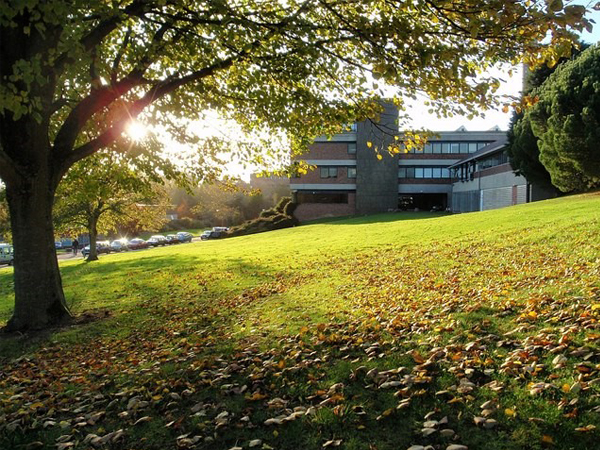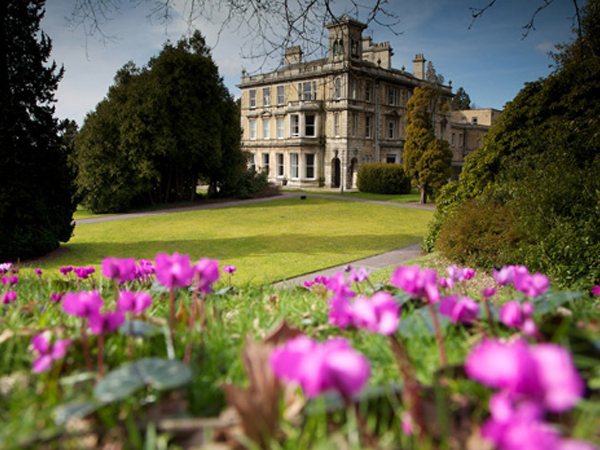The University of Exeter is a publicly-funded university in the SW of the UK, and is a member of the Russell Group of leading research-intensive UK universities, a top 10 university in the UK and features in the top 1% of world universities. The main Streatham Campus, which is where the Workshop will be held, provides one of the most beautiful settings of any university in the UK, as well as research facilities, lecture theatres and accommodation to match.
The university’s origins came from two separate institutions founded in Exeter in the 19th Century; the Exeter School of Art (founded 1855) and the Exeter School of Science (founded 1863). These merged and in 1922 formed the University College of the South West of England. At this time, W H Reed, former Mayor of Exeter, donated the Hall and Streatham Estate to the new University College, and when the University College became the new University of Exeter by Royal Charter in 1955, this became the main, Streatham Campus.
The grounds of the Streatham Estate were laid out as a botanical garden in the 19th century, and the collection of trees has been added to over the years. The original estate centred on Streatham Hall, now renamed Reed Hall, a 19th century Italinate mansion. Expansion of the university has resulted in the construction of many additional buildings on the campus, including most recently the Forum centre and the new Living Systems Institute building (under construction).
The City of Exeter itself dates back to Roman times, and parts of the Roman fortifications still remain, whilst Exeter Cathedral was founded in the 11th Century. It is the county town for the county of Devon, and as well as the University is also home to the UK Met Office. The South-West region of England, including the counties of Devon and Cornwall, contains some of the most attractive areas of the country, including the national parks of Dartmoor and Exmoor, the World Heritage Site of the Jurassic Coast, and in Cornwall, surfing beaches and the Eden project.


